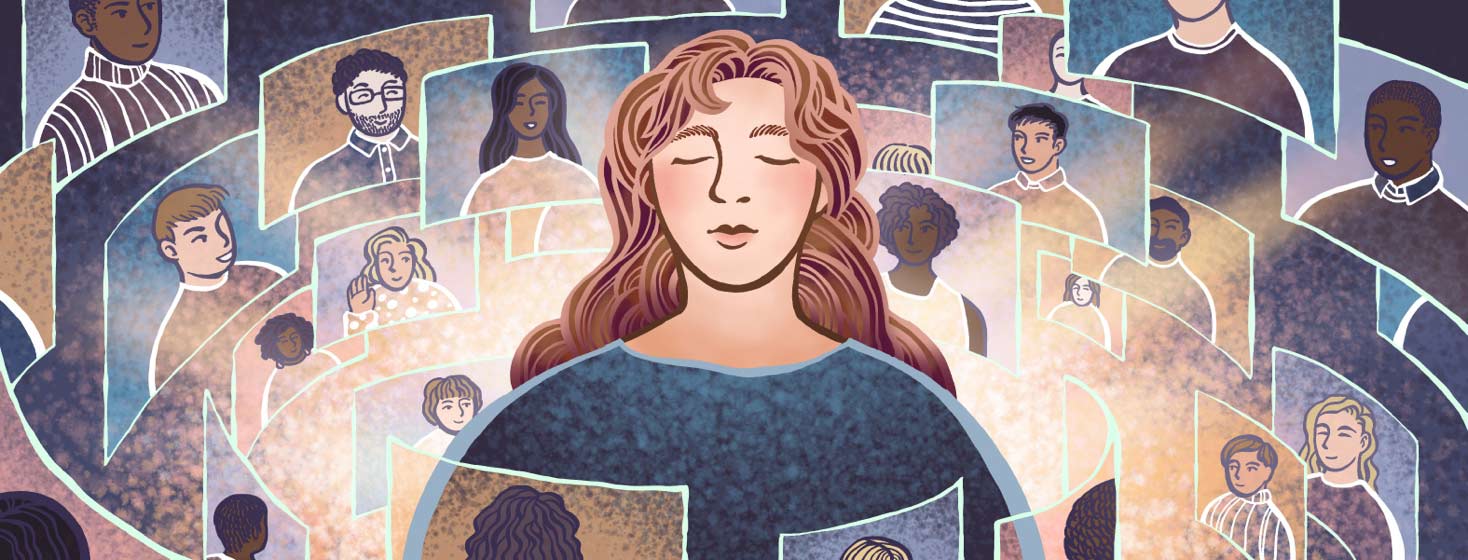I Wish Society Was More Community Oriented
In the age of technology and capitalism, most adults live independently of each other. Sure, many of us live with others under one roof. But do we depend on each other for food, housekeeping, emotional support, advice, friendly reminders, encouragement, or friendship? We do for some of these things. Yet, we supplement many of these life-basics with easy replacements: fast food, housekeeping services, therapists, phone reminders, emotional support apps and books. And most of us rely on social media to suffice our social life.
Centenarians
I have recently been interested in watching documentaries on centenarians (people 100 years old or more) and regions of the world where people, on average, have some of the longest life expectancies.
Out of all the locations known to have a longer life expectancy, the people who live there either eat particular foods, participate in physical fitness, live in a region with steep terrain and foot travel, or are in an isolated area with less pollution.
They are all different. There is not a straightforward answer to longer living. However, all the centenarians, elders, and family members of the long-living state one similarity that has been a priority continually throughout their existence: family and a sense of belonging in a community.
Nothing extravagant. Nothing luxurious. Simple living. And a life that centers around caring for the home, cooking with family, walking to a local favorite spot, meeting up with friends, and enjoying meals and gatherings with loved ones. In the regions where the centenarians are common, they are not living in assisted living facilities. They instead know that they will be cared for by their family, who do not view this responsibility as a burden.
Featured Forum
View all responsesBuilding community could impact life with MG
The centenarians have opened my eyes to something that makes so much sense: reciprocity and mutual exchange, such as help with driving, meals in times of need, childcare, emotional support, healthy distractions, guidance, comfort, friendship, joy, laughter, and assistance without hesitation.
Take a moment. Consider how much weight would be lifted off your shoulders if we lived in tight-knit communities rather than the isolated societies that most of us live in. Would it make life with myasthenia gravis (MG) easier for you?
Imagine a world in which we would not feel like an inconvenience. There would be no panic or moments when we find ourselves in a pickle and feel stuck without help or a solution. No worries about whether we will be able to get everything lined up to make it to our medical appointments. Less stress is what comes to my mind. Negative stress is a constant threat we all face that can trigger our MG.
How to shift towards tight-knit community
How can we do our part to shift society from self-reliant to community and mutual exchange lifestyles?
Be yourself
Being our authentic selves rather than a copy is a start. We can't make meaningful connections or impacts on others when we are not portraying our originality.
Give a gift
Gifts do not just have to be for holidays. Handmade gifts from the heart could be something you crocheted, sewed, painted, built, baked, or even food grown in your garden - ideally, anything that's not bought. The idea is making something that requires thought, time, and effort to represent your appreciation for others. We can give gifts for any reason, or no reason and at any time. Normalize small gift-giving even to acquaintances. They are the start of mutual exchange.
Acts of service
Gift-giving can also involve acts of service rather than handmade physical gifts. Think again about the impact tight-knit communities could have on easing the stress and chaos of life with MG. Could the things you would benefit from be things you could start offering others? Help with child care or school pick up/drop off? Cooking a meal for a family going through a difficult time? Or simply taking the time to see how people around you are doing and making them feel acknowledged by offering your listening ear.
I like to have ongoing projects around the house that I can invest time into on days I have less symptoms or my symptoms are at bay. When we do something for others, it incentivizes them to return the favor or, with MG, possibly give us some assistance when we need it later on.
Good things will come our way
Sometimes, we might put good into the world and the act is not reciprocated. People may never return the favor. But that is okay, and we must not let this deter us from continuing to provide and offer others what we would greatly desire to receive in return.
If we keep it up, good things will happen. We will attract good people, connections, and community by putting the same good and reciprocity we desire into the world through our words and actions.

Join the conversation